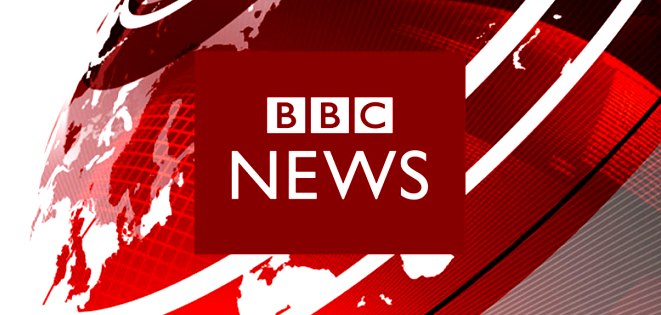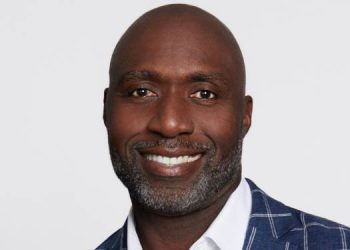The BBC and the UK government have reached an agreement to drop licence fee charges for over those people who are aged above 75 years in UK.
On the news that the BBC corporation is set to foot a £650m drop in licence fee income in 2017/18 as part of a government initiative to lessen the burden of austerity on the elderly, chancellor George Osborne has said that the publically funded body “should make savings”.
Osborne said in a statement: “The BBC is a valued national institution that produces some of the finest television and radio in the world… the deal we have agreed with the corporation means that it will take on the significant cost of TV licences for the over-75s, easing some of the pressure on taxpayers who have to meet the country’s welfare bill, while also ensuring that our promise to maintain pensioner benefits is met in full over the next five years.
“The decisions the BBC and the government have reached together will also secure its long-term future, with a funding model that is sustainable and can adapt in an age where technology is rapidly changing.”
Tony Hall, director-general of the BBC, added: “We have secured the right deal for the BBC in difficult economic circumstances for the country. This agreement secures the long term funding for a strong BBC over the next Charter period.”
On future funding Hall welcomed the “end of the iPlayer loophole and the end of the broadband ring-fence”.
Subject to findings from the Charter Review, the BBC will be able to adjust the fee to take into account on-demand viewing on the BBC iPlayer.

















